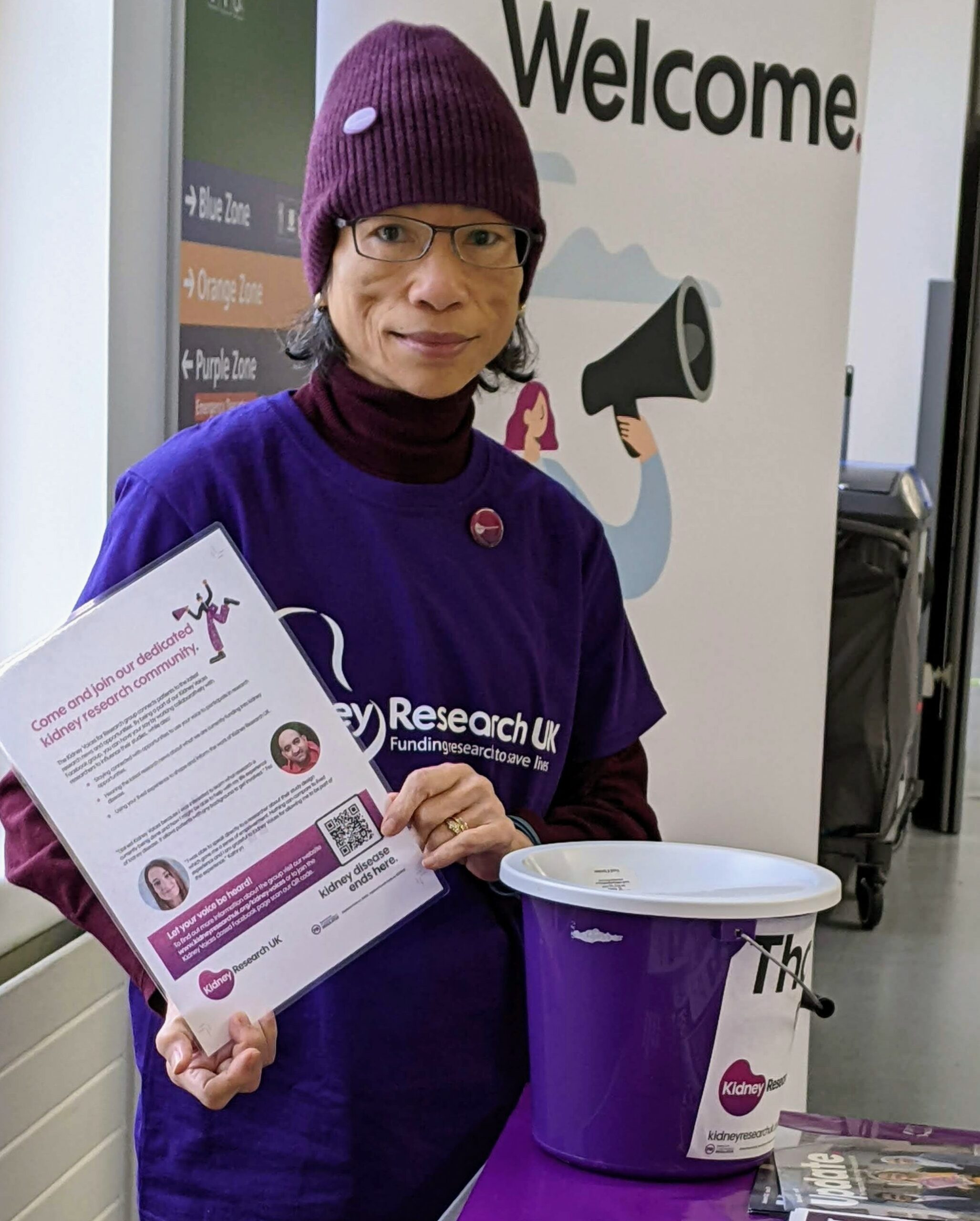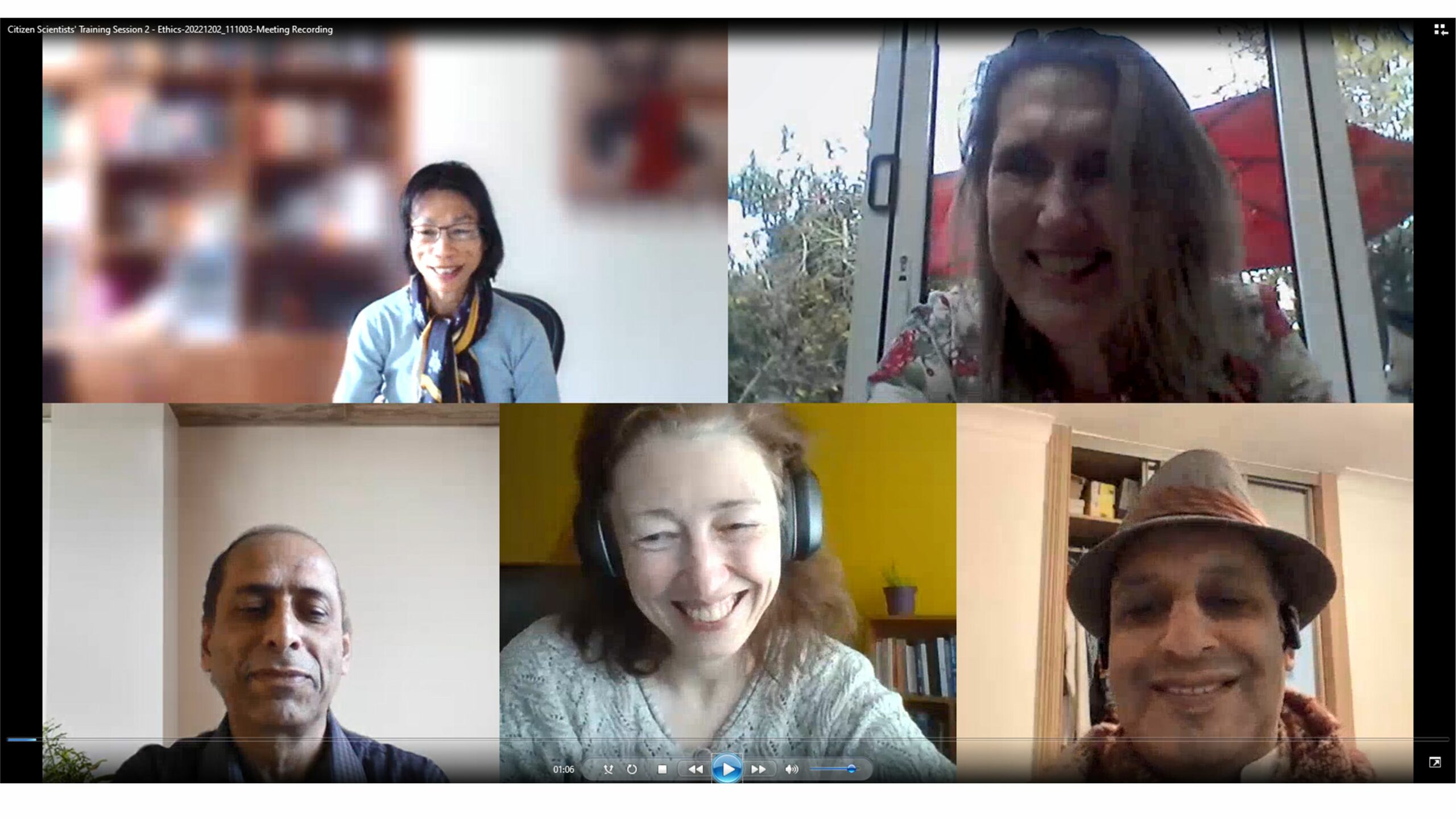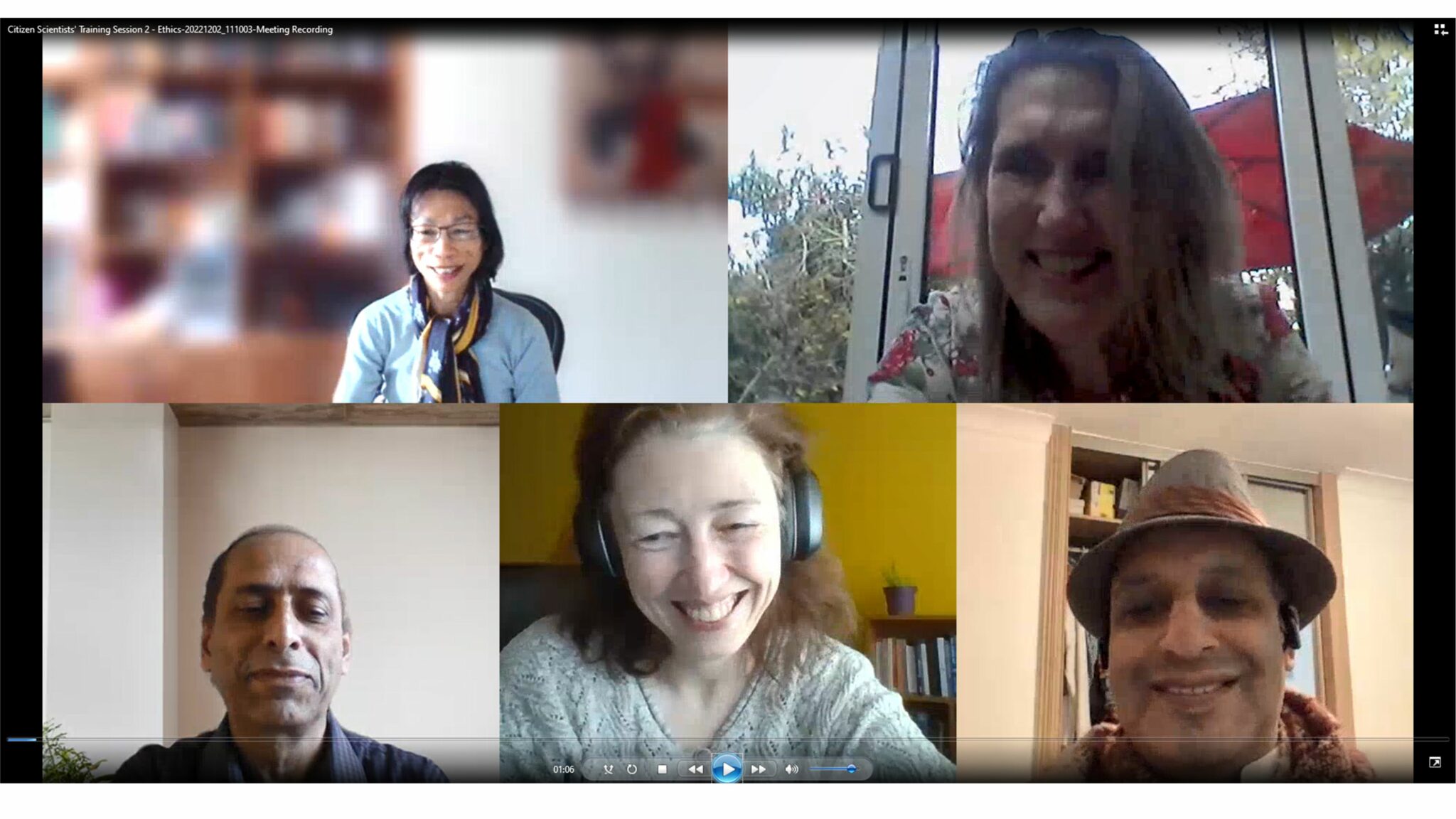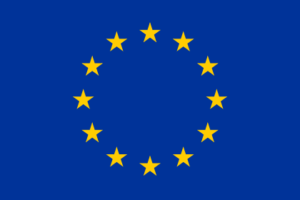We always love to learn more about our citizen scientists and their experience working alongside our Step Change partners.
So we would like to share with you this article written by Maria Buckley, a long-time collaborator, and friend of the NIHR Oxford Biomedical Research Centre, who shares a little about what attracted her to start working with the Step Change project, Maria’s expectations and challenges of working with the Non-Alcoholic Fatty Liver Disease (NAFLD), and what Maria has gotten out of being a citizen scientist.
When I learned about the Step Change Project at a diabetes patient and public involvement (PPI) meeting in 2021. I was immediately attracted to it. I am always looking for ways to continue to take part in lifetime learning and fulfilment of my curiosity about how to achieve outcomes in a scientific manner. I was also very interested in the overall aims of the project, to make science more socially robust and inclusive and to explore the potential of citizen science research. But above all, was the opportunity to have systematic training in scientific innovation.
I have always considered science to be a grand subject; only very clever people managed to get a grip on it. I believe scientists create things out of the ordinary. They are cool and work studiously for a tested outcome.
They are almost superhuman.

They work in a way most of us would feel intimidating because of our own inadequate science knowledge. I have been a volunteer for some years but, regrettably, not many organisations provide systematic training. The provision of continuous training is essential for any profession.
Therefore I was sure that the Step Change project, especially its citizen science initiatives on ‘Non-Alcoholic Fatty Liver Disease (NAFLD) in the UK’ – is another incentive for me to take part.
I am a diabetic and a kidney transplant recipient. My risk of getting NAFLD is high. I also have family members suffering from the condition. To know more about the illness would be wholly beneficial, and the project sounded like a godsend of an opportunity.
As a result, I turned out to be the first citizen scientist in this research project.
In the beginning, I was a bit puzzled by the format of the project. I didn’t have any schedule or timetable for meetings. I didn’t know anybody and I had no understanding about the structure of the groups. Worst of all was that I found it difficult to understand other people’s accents due to their different nationalities. There was no sign of the promised training either. I started to wonder:
If it was my age, or me just being retired for too long?
Had I lost the ability to undertake a complex process?
Should I withdraw?
Slowly but surely, more citizen scientists were recruited. Zoom meetings, both organised by NIHR Oxford Biomedical Research Centre (BRC) team and the Step Change project team were scheduled. I started to relax and felt comfortable to ask questions in the meetings. Everybody was friendly and helpful. My listening ability to the different accents improved. So far, I have attended a couple of meetings and met all the members of the project team. I have not yet met all the citizen scientists, but I have been ensured that one day we will meet up, and perhaps we will set up a WhatsApp group to discuss any issues.
I was pleased to have overcome my first hurdle. It was time to have some research training.
Our first training subject was ethics in research. This is a very interesting topic that is basically defined as a reflection on human beings and their interaction with nature and with other humans.
It takes account of responsibility, justice, etc. It guides us toward the truth, keeps promises, and helps someone in need. However, as humans’ values are mostly formed by our culture, experiences, and customs, I see ethics could therefore be argued to be the source of conflict.

Who doesn’t want to defend their own values? Magdalen Wind-Mozley, a learned citizen scientist peer wrote in a Step Change article; ‘Sometimes, ethics can seem very much a ‘black box’. With a ‘black box’ you see what goes in, and see what comes out, but you’ve no idea what happens in the box.’’ Isn’t that intriguing?
Last month, our training session proceeded to the topic of statistics. I remembered I had had some lessons on the subject in school, but it was nearly fifty years ago. I can hardly recall anything about it now.
Luckily the senior researcher, Dr Sarwar Shah of the NIHR Oxford BRC gave me one-to-one tuition that helped refresh my memory and guided me with my exercise. He was very patient and experienced in tutoring. I felt relieved and happy when I completed my assignment.
What an achievement for me!
I am pleased with what I have achieved so far. However, I believe research is an ongoing process that requires involvement in many areas.
I would appreciate the opportunity to learn more about how to design a research project, collect data and how to analyse it. I would also like to increase my experience in reviewing public information sheets, even though I am already a member of other readers’ panels.
All in all, my experiences have started well. I know there is much more for me to learn along the way. I continue to value the opportunity.
I am aiming that one day:
- with my expanded science knowledge, I could speak at ease with scientists.
- I will be able to understand the scientific jargon better.
- I would like others to see that age is not a limit for participating in research projects.
It is all about personal attitude and involvement.
I am enjoying the learning process. I would sincerely encourage others to join in to develop a scientific mind. A scientific mind is a rational and logical mind that benefits us in dealing difficult issues in this confusing world.
Maria Buckley
-May 2023
Do you want to take part in the project as a citizen scientist and join our UK Citizen Science Initiative? Or if you would like to learn more about the project, do not hesitate to reach out to us and send us a message via the form below. A member of our research team will get in touch with you. Or click here for more information.

